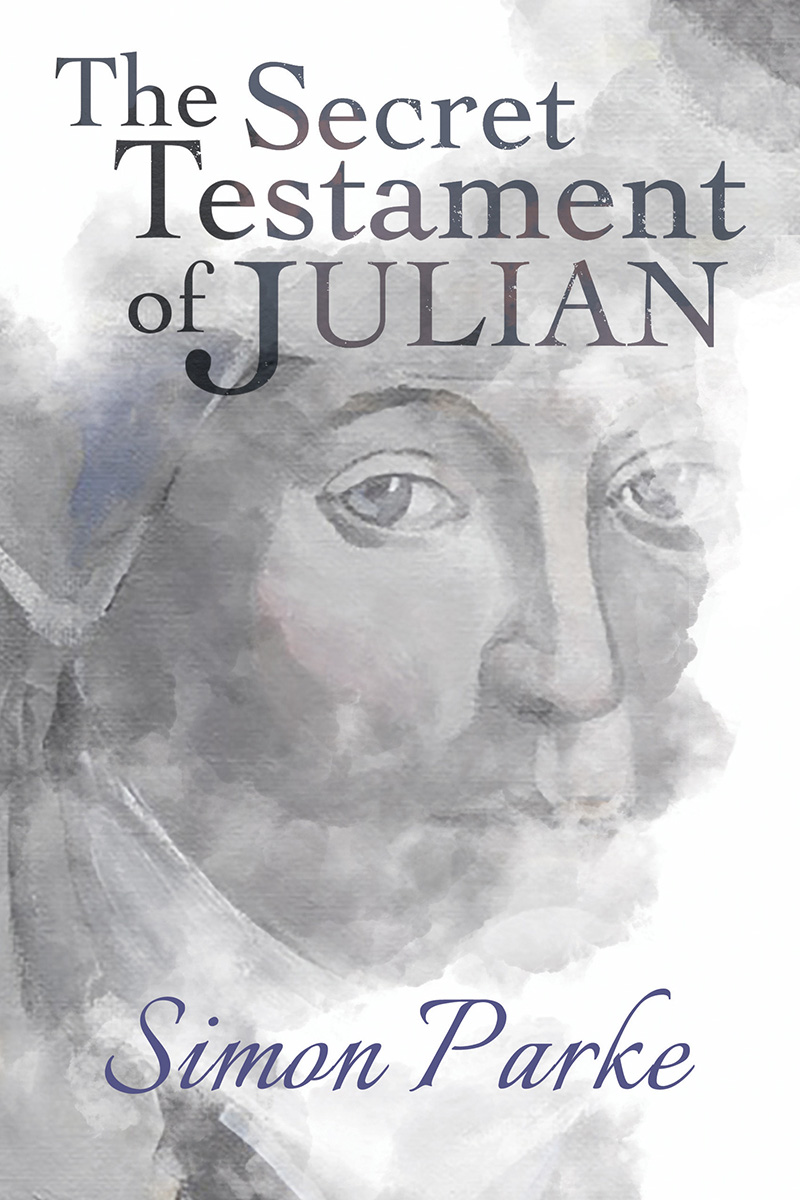Summary
Julian of Norwich was the first woman in the world to write a book in English, and yet had largely disappeared from view until her rediscovery during the twentieth century.
A fourteenth century anchoress in Norwich, she lived in a cell for forty years, surrounded by savage plague, political inequality and religious bigotry. Yet Julian gave the world one of its most famous calls to hope: ‘All shall be well, and all shall be well and all manner of things shall be well.’
Who was she? Why did she pray for a near-death experience and then choose containment in a cell? And how did she come to speak with such optimism?
In The Secret Testament of Julian, she tells her own story, full of difficulty and joy. No plaster saint, but a flesh and blood woman who from the silence of her cell speaks with a strength that few today can equal.
Let Julian tell her story.
Praise for The Secret Testament of Julian
‘Made, loved, and kept’ by E.M. Spradbery
This is the most unusual, extraordinary – and rather moving – book I have ever read. Having struggled in the past with the writing of Julian herself, I feared I was going to find this a difficult read, and even perhaps somewhat pious.
How wrong I was!
To quote Beatrix (Beaty) as she was christened: ‘The devil laughs when a woman writes, it is well known!’ Coping with great good humour and courage, Julian is born into a world of misogyny, disease and abuse. The plague is decimating the population, and it is described by the grasping church as ‘God’s will, and his anger’. She loses the two beings closest to her to it.
After surviving a deadly illness herself, during which she had visions of a loving and merciful God, she chooses to become an anchoress – walled into a tiny cell for 40 years, dependent on the goodwill of others to provide for her needs.
The aptly named Mr Strokelady casts a fearful shadow over her life. When he arrives at her cell window, now the town’s mayor, a shiver ran down my spine: he held the power of life and death over Julian and others, as well as being personally vile.
For a woman to write at all in the 14th century was forbidden. For anyone to be discovered writing in English, and not the obligatory Latin of the church, was punishable by death.
Characters that particularly stick in my mind: Sara, her faithful friend and ‘maid’, Mr Curtgate, the ill-fated vicar and Margery Kempe: disturbed or inspired?
‘The Secret testament of Julian’ strongly reminds me of the play by William Nicholson about C.S. Lewis: ‘Shadowlands’. That, too, packs a powerful punch, and both books frequently had me in tears, dealing as they do with love and death, grief, illness and loss. Here are life-changing thoughts on the nature of suffering. Both books are also suffused with humour and courage.
Preparing for a difficult encounter at her cell window, Julian picks up a hazelnut that has fallen, and marvels at it: ‘like all of us: made, loved and kept’.
‘All things shall be well, and all things shall be well, and all manner of things shall be well’.

